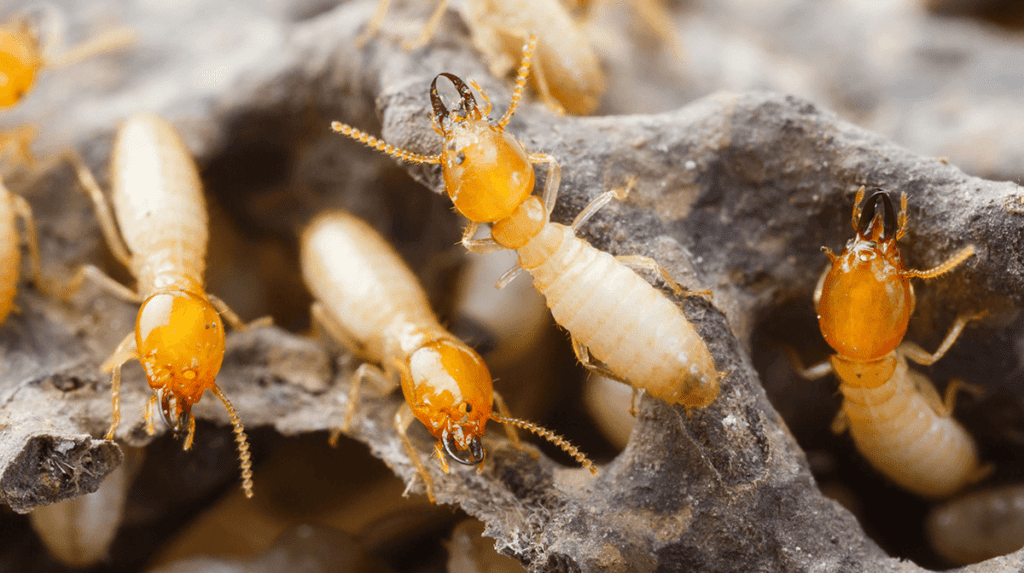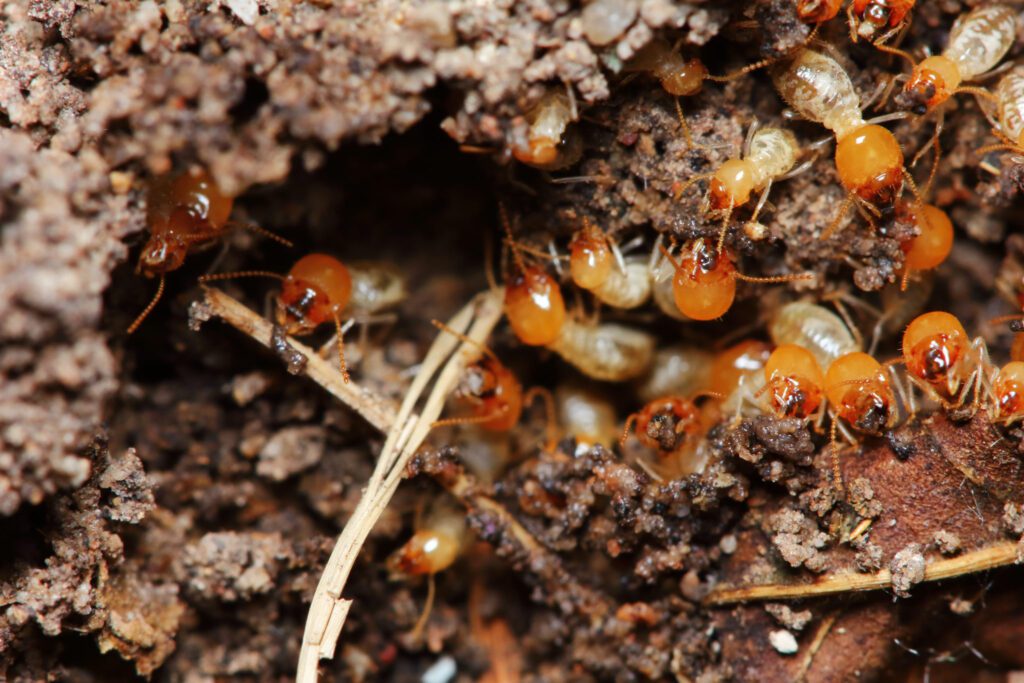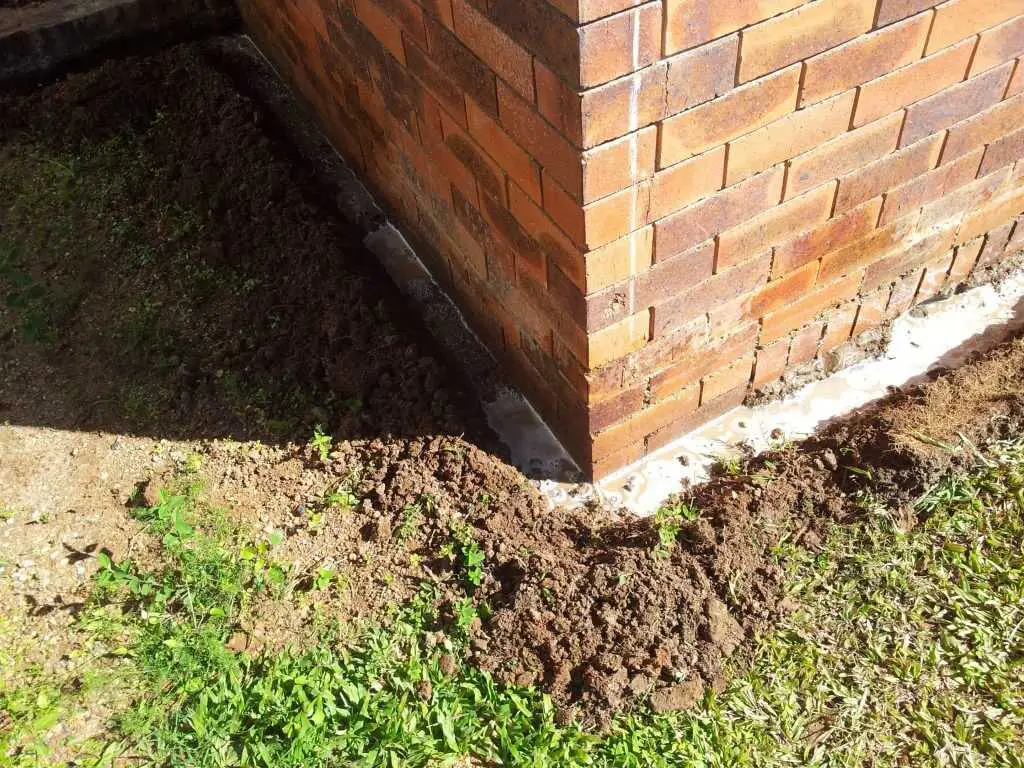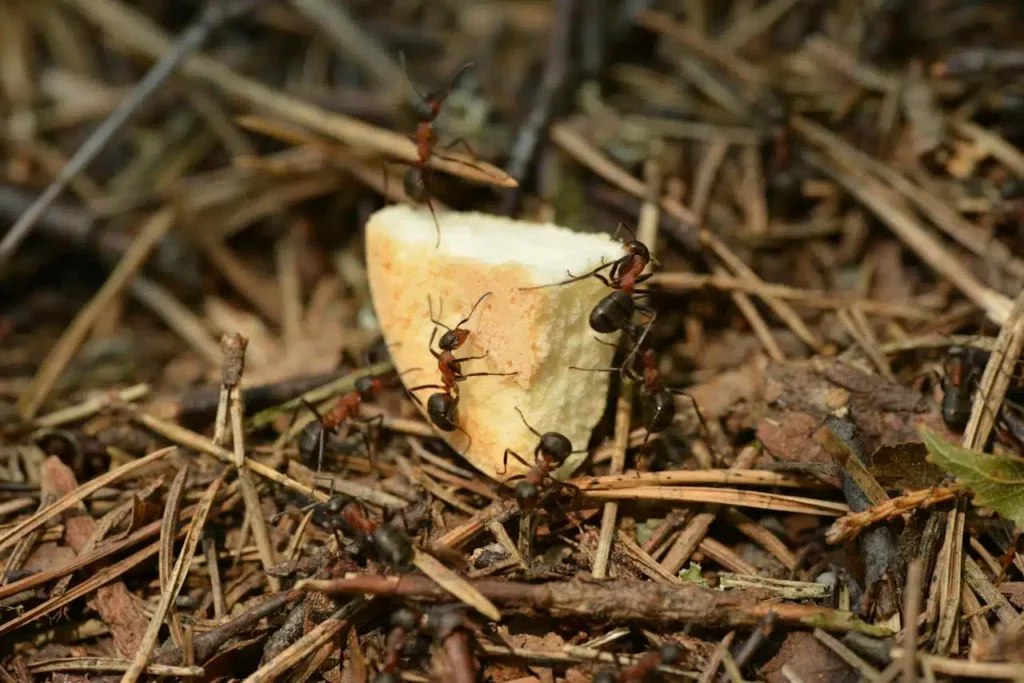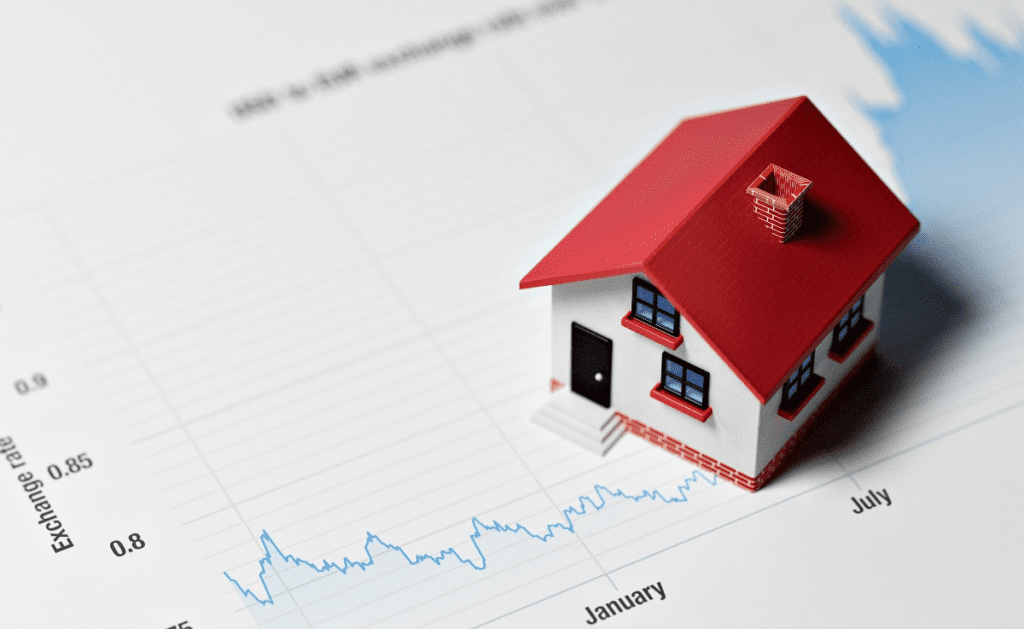Affordable Termite Inspections in Sydney: When and Why You Need One
Termites pose a significant threat to homes and properties, particularly in regions like Sydney where wooden structures are commonplace. Affordable termite inspections are essential for homeowners who wish to protect their investments. Regular inspections can help identify problems early and prevent costly repairs down the line. In this article, we will delve into the importance of termite inspections, when to schedule them, and how to find reliable and affordable services in Sydney.
Understanding the Importance of Termite Inspections
Termite inspection sydney are critical for the longevity of any property. These assessments allow homeowners to detect termite activities that could compromise structural integrity. Taking proactive steps not only saves money in the long run but also ensures a safe living environment.
The Risks of Ignoring Termite Infestations
Ignoring termite infestations can have dire consequences. Termites are known as "silent destroyers" because they can cause extensive damage without immediate visible signs. Over time, this damage can lead to significant structural failures, requiring expensive repairs.
Moreover, the presence of termites may also affect property values. Homes with a history of termite issues tend to be less attractive to potential buyers, which could impact your financial investment. In some cases, insurance policies may not cover damages caused by termites, leaving homeowners to bear the full brunt of repair costs. This financial burden can be particularly challenging for families or individuals on a tight budget, making it all the more essential to prioritize regular inspections.
The Role of Termite Inspections in Property Maintenance
Regular termite inspections are a vital component of property maintenance. These inspections help in early detection of infestations, allowing for prompt treatment. Furthermore, they provide peace of mind to homeowners by reassuring them that their property is free from pest-related issues.
Additionally, maintaining a regular inspection schedule can strengthen your defense against future infestations. A thorough understanding of your property's condition helps in implementing more effective preventive measures. For instance, during an inspection, professionals can identify areas of moisture accumulation, which can attract termites. By addressing these issues, such as improving drainage or repairing leaks, homeowners can significantly reduce the likelihood of an infestation. Furthermore, educating yourself about the signs of termite activity—like mud tubes or discarded wings—can empower you to act quickly should you notice any potential problems, ensuring that your home remains a safe and secure haven.
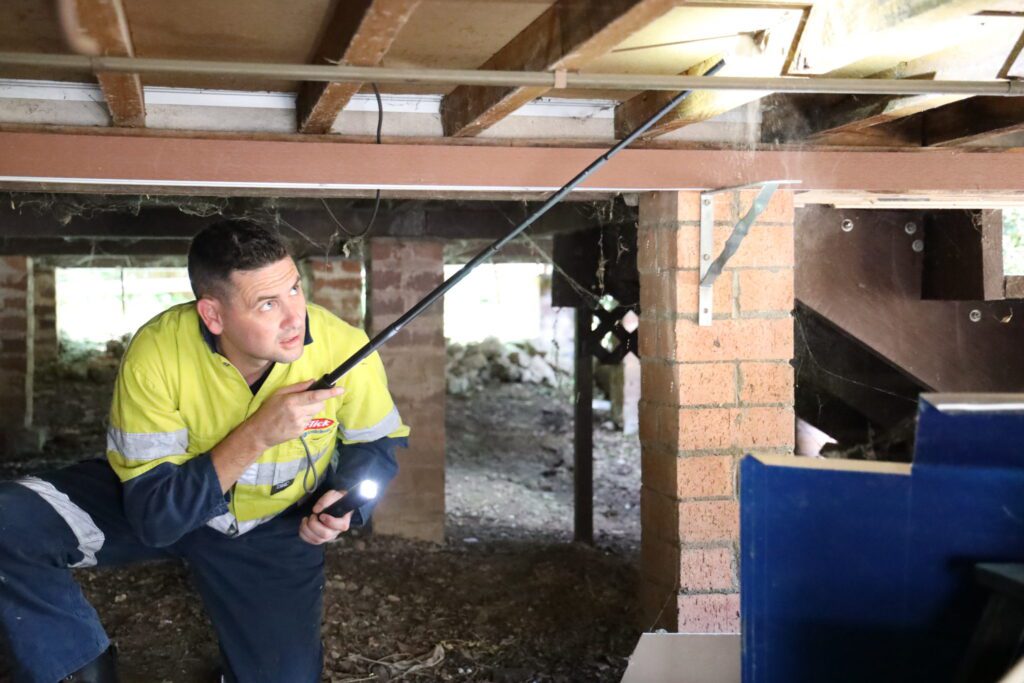

Identifying the Right Time for Termite Inspections
Knowing when to schedule termite inspections can make a significant difference in managing your property. Seasonal changes and environmental factors can influence termite activity, so being vigilant about timing is essential.
Seasonal Considerations for Termite Inspections
Spring is often considered the peak season for termite activity, as warmer temperatures prompt colonies to swarm and seek new nesting sites. Scheduling inspections during this time can help catch infestations early. During this season, termite colonies are most active, and their reproductive swarms can lead to new infestations in nearby structures. Homeowners should be particularly attentive to any signs of swarming, as this can indicate that a colony is nearby and may pose a threat to your property.
However, it’s also wise to have inspections conducted in the fall and winter months. Termites may remain active underground, and a thorough inspection can uncover hidden problems before they escalate. In colder climates, while surface activity may decrease, subterranean termites can still cause significant damage as they tunnel through the soil in search of food sources. Thus, even in the depths of winter, a proactive approach to inspections can save homeowners from costly repairs down the line. Read more about the habits of sunterranean termites at https://extension.psu.edu/eastern-subterranean-termites
Signs That You Need an Immediate Termite Inspection
Even if you haven’t scheduled a termite inspection recently, there are signs that indicate an immediate need for one. Some common indicators include:
Presence of mud tubes along walls or foundations.
Wood that sounds hollow when tapped.
Finding discarded wings near windows and doors.
Unexplained sagging in floors or ceilings.
If you observe any of these signs, it’s crucial to seek an inspection right away to mitigate potential damage. Additionally, homeowners should be aware of other subtle signals, such as a musty odor in certain areas of the home, which can indicate mold growth often associated with moisture from termite damage. Regularly checking for these signs, especially in areas prone to dampness, can help catch infestations before they become a significant issue. Remember, the earlier you identify a problem, the easier and less expensive it will be to address.
The Process of Termite Inspections in Sydney
Understanding the process of a termite inspection can alleviate any concerns you may have. Knowing what to expect helps you prepare and can make the experience less stressful.
What to Expect During a Termite Inspection
During a termite inspection, a professional will thoroughly assess both the interior and exterior of your property. This may include checking wooden structures, basements, attics, and gardens for signs of activity.
The inspector will typically examine areas prone to moisture, as termites are attracted to damp environments. This detailed assessment helps in identifying not only current infestations but also potential areas at risk. They may use specialized tools such as moisture meters and thermal imaging cameras to detect hidden infestations that are not visible to the naked eye. This technology allows for a more comprehensive evaluation, ensuring that no potential problem areas are overlooked.
Interpreting Your Termite Inspection Report
After the inspection, you will receive a report detailing the findings. This document will highlight any areas of concern and provide recommendations for treatment or further actions.
Understanding this report is key to making informed decisions—if necessary, ask your inspector for clarifications to ensure that you grasp the scope and implications of their findings. This knowledge enables you to better manage termite risks moving forward. Additionally, the report may include photographs and diagrams that illustrate the affected areas, making it easier to visualize the problem. Some inspectors also provide a timeline for recommended follow-up inspections, which can be crucial in maintaining the integrity of your property over time. By staying proactive, you can mitigate potential damage and costs associated with termite infestations, ensuring your home remains a safe and comfortable environment. To learn about the questions you should ask from the inspections report click here.
Finding Affordable Termite Inspection Services in Sydney
Now that you understand the importance and process of termite inspections, let's explore how to find affordable services in Sydney. Cost is a major consideration for many homeowners, especially in a bustling city where expenses can quickly add up. Termite infestations can lead to significant structural damage if not addressed promptly, making it crucial to find a service that balances cost with quality.
Factors Affecting the Cost of Termite Inspections
The cost of termite inspections can vary based on several factors:
Size of the property.
Accessibility of certain areas (attics, crawl spaces).
Complexity of the inspection required.
Additional services, like treatments or follow-up inspections.
Being aware of these factors can help you scope out services that fit your budget while ensuring quality inspections. For instance, larger properties may require more time and resources to inspect thoroughly, which can increase the overall cost. Additionally, homes with unique architectural features or those situated on uneven terrain might present challenges that necessitate specialized equipment or techniques, further impacting pricing.
Tips for Choosing a Reliable and Affordable Termite Inspection Service
Finding a good termite inspection service involves research and due diligence. Here are some tips to consider:
Check customer reviews and testimonials online for insights into service quality.
Ensure the company is licensed and insured, which adds a layer of trust.
Request detailed quotes from multiple providers to compare pricing and services.
Inquire about their experience and any certifications related to pest control.
Taking these steps can lead you to a reliable inspection service that won’t break the bank. Additionally, consider asking friends or family for recommendations, as personal experiences can often guide you to trustworthy professionals. Many companies also offer seasonal promotions or discounts, so it’s worth inquiring about any current deals that could make your inspection more affordable. Remember, investing in a quality inspection now can save you from costly repairs down the line, making it a wise financial decision.
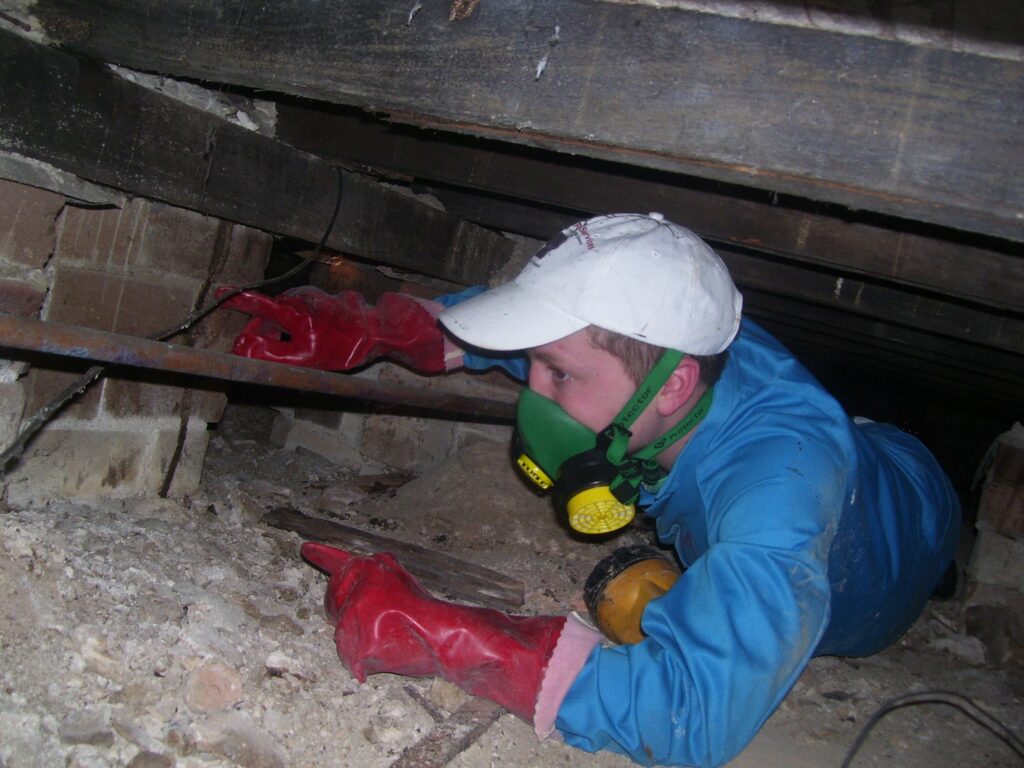

Preparing for a Termite Inspection
Preparation is key for a successful termite inspection. Ensuring that your property is ready can streamline the process and provide more accurate results.
Steps to Take Before Your Termite Inspection
Prior to an inspection, consider taking some steps to prepare your property:
Clear clutter around the house that may obstruct the inspector's access.
Mow your lawn and trim bushes near the foundation.
Secure pets or relocate them if necessary to ensure safety.
Make sure all areas, including basements and attics, are accessible.
These simple actions can enhance the efficacy of the inspection and provide a thorough assessment. Additionally, it may be beneficial to familiarize yourself with common signs of termite activity, such as mud tubes, discarded wings, or hollow-sounding wood. By being aware of these indicators, you can engage more effectively with the inspector and understand the potential issues that may arise during the inspection.
What to Do After Your Termite Inspection
After your inspection, carefully review the report and follow any recommended actions. If infestations are detected, it’s crucial to take prompt measures to manage the situation. This may involve contacting pest control professionals who specialize in termite treatment to devise a tailored plan for your property.
Communicate with your inspector if you have any questions about the findings or suggested treatments. Staying informed allows you to stay ahead of potential termite damage while keeping your property safe and sound. Furthermore, consider scheduling regular follow-up inspections as part of your home maintenance routine. Termites can be elusive, and early detection is vital in preventing extensive damage. Regular inspections can help ensure that any new signs of infestation are caught early, allowing for timely intervention and peace of mind.
In conclusion, understanding the importance of affordable termite inspections in Sydney ensures that homeowners protect their properties from termite damage. By recognizing the signs, preparing adequately, and choosing reliable services, you can maintain a termite-free environment and safeguard your investment.
Related : Termite Protection in Sydney: Safeguarding Your Investment

